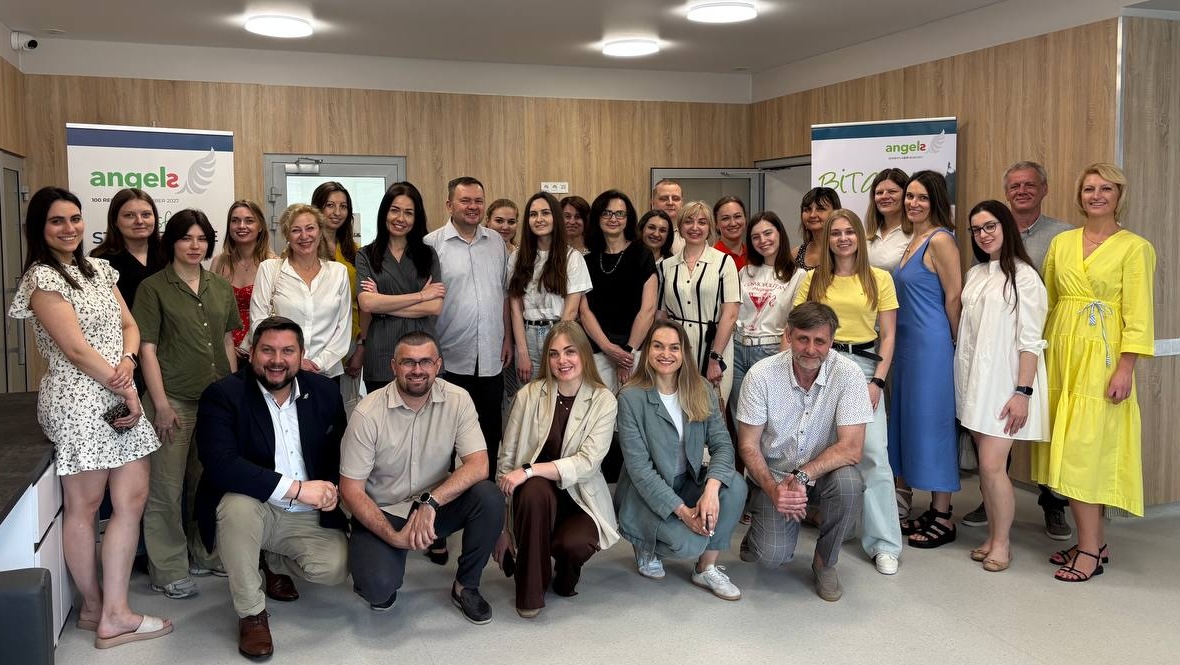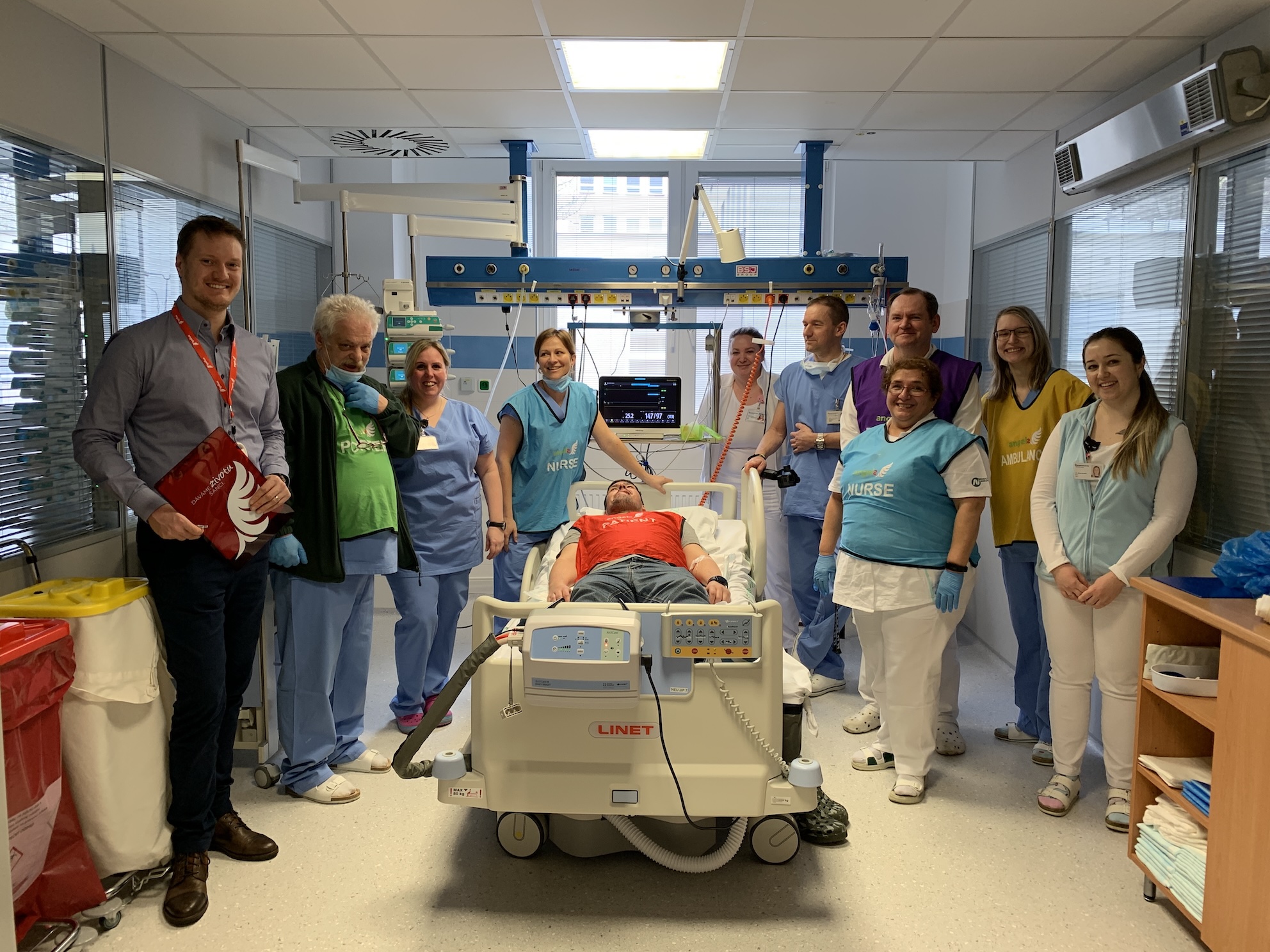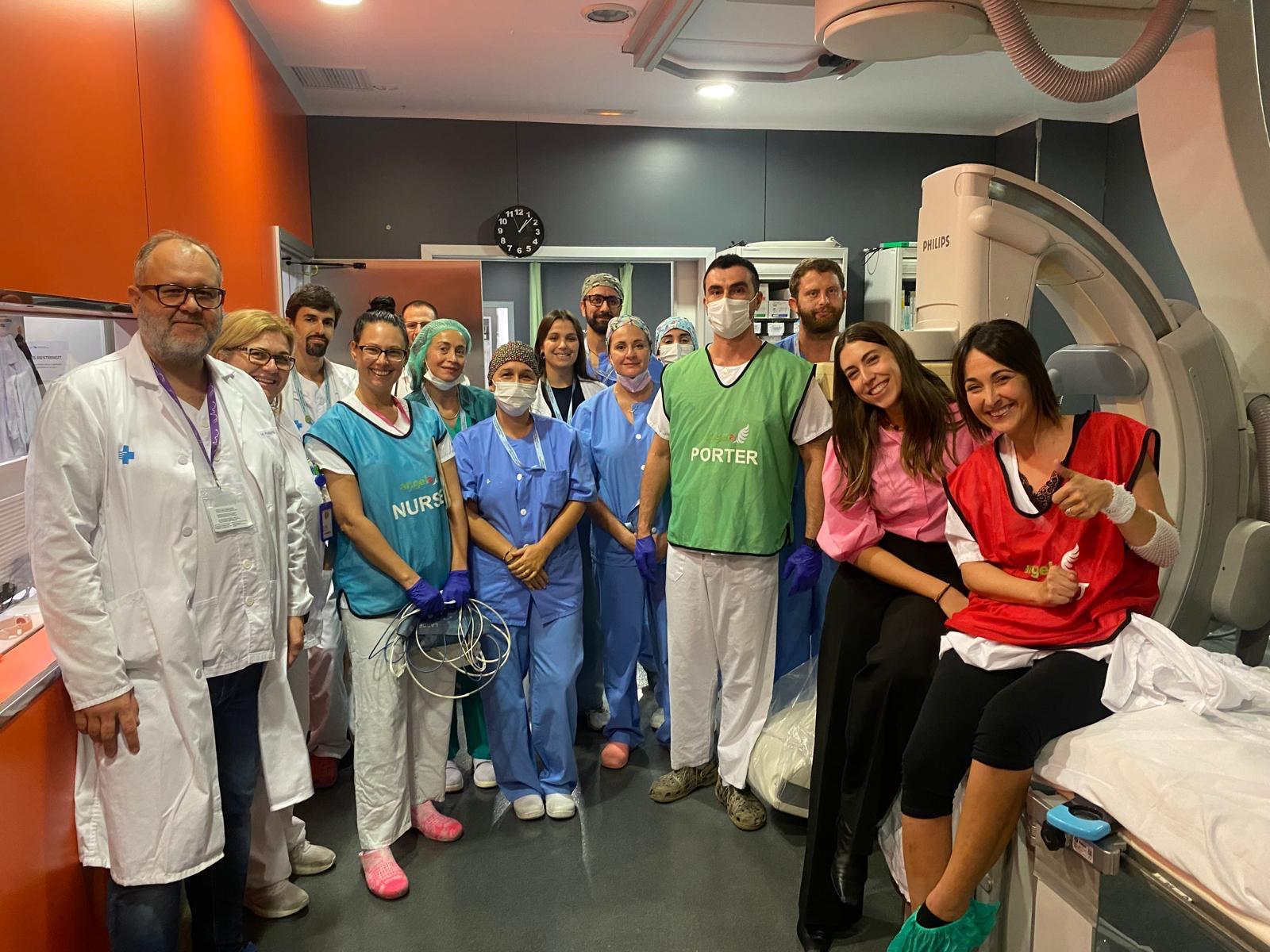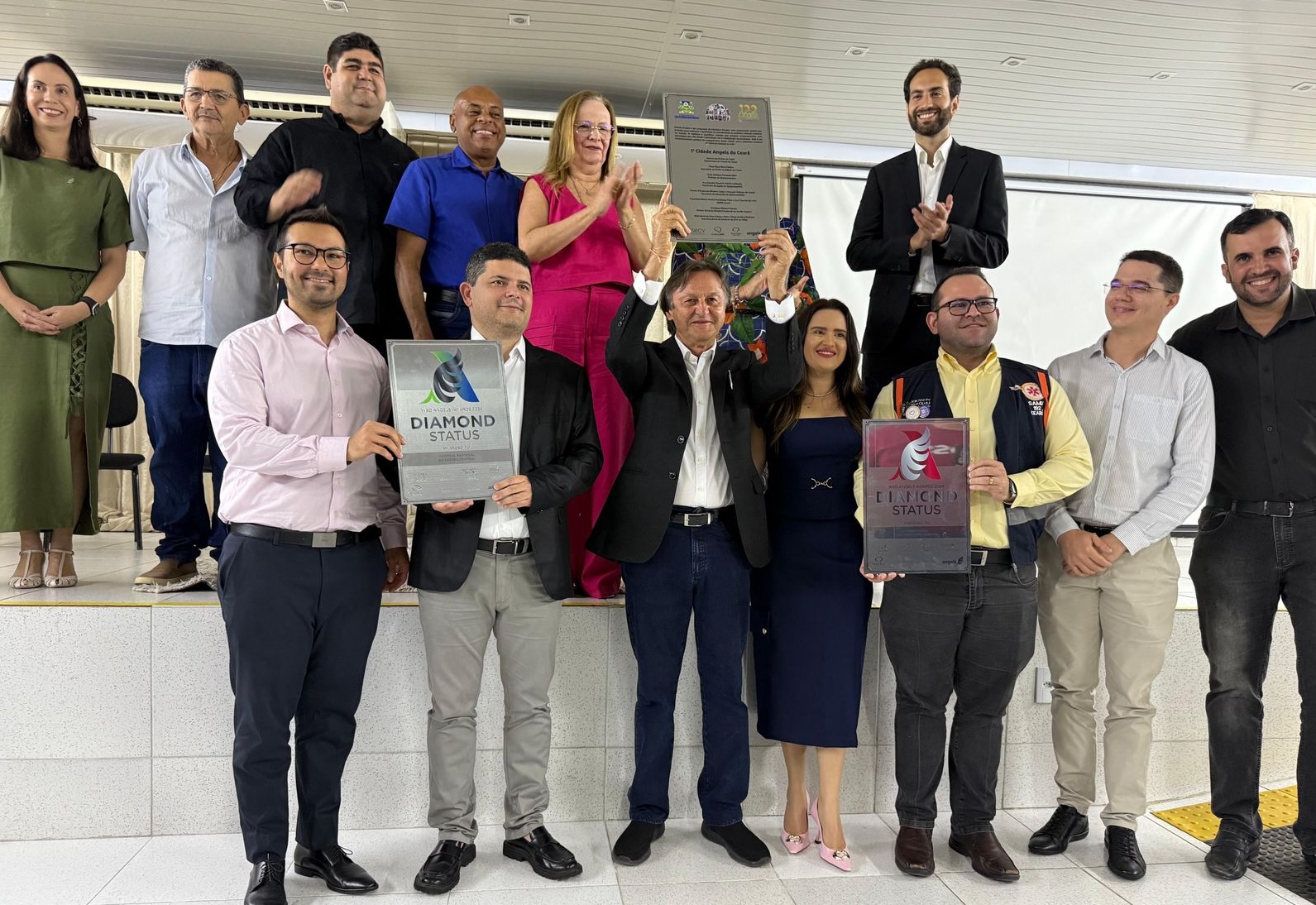
Quixeramobim je malé město a obec v oblasti Sertão Central v semiaridní severovýchodní části Brazílie. Je druhým největším městským centrem ve státěCeará a nachází se ve svém geografickém srdci, protože vám připomíná 10metrové vysokožulové a ocelové obézní centrum na náměstí Dias Ferreira.
Navzdory velkému ekonomickému pokroku posledních dvou desetiletí zůstává Quixeramobim v současné době regionem s relativně nízkým příjmem, přičemž pásma nižší kupní síly jsou v rozmanité populaci.
Ale asi 4 km od centra města, směrem k sousednímu městu Quixadá, najdete impozantní budovu, která rozšířila zdravotní příležitosti v hinterlandu Ceará, vyhrála mezinárodní chválu za péči o pacienty a změnila výhled pro pacienty s cévní mozkovou příhodou v regionu.
Regionální nemocnice středních pevnin (HRSC) je známý jako obří ostrovů a je výrazným příkladem regionalizace zdravotní péče, která zaručuje, že komplexní služby jsou k dispozici nejen v hlavních městech, ale i v místech, kde žijí pacienti. Jeho dlouhý seznam úspěchů zahrnuje dvacet jedna po sobě jdoucích cen WSO Angels Awards – více než kterákoli jiná nemocnice v Brazílii – což z něj činí hlavní světlo pro poslání zpřístupňovat více a lepší péči o cévní mozkovou příhodu obyvatelům po celém světě a zajistit bezpečnost světa pro cévní mozkovou příhodu.
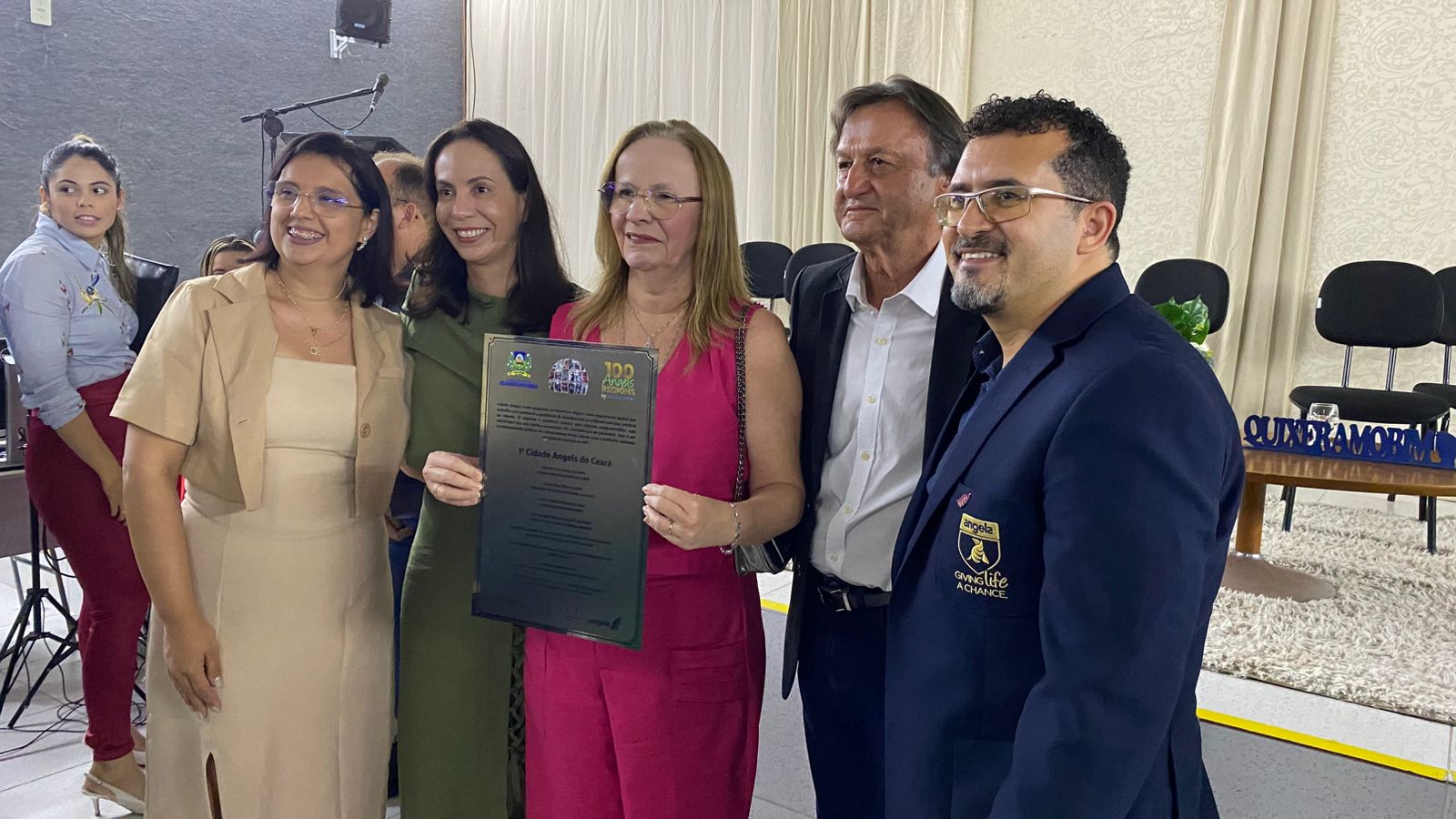
Obrovské kroky
Zapojení týmu se stává magickou složkou pro poskytování jedné z nejlepších služeb v oblasti cévní mozkové příhody na světě jedné z nejchudších komunit v Brazílii. Ano, nemocnice má zavedené protokoly, které umožňují rychlé a efektivní služby, a průběžné odborné školení zajišťuje, že každý přesně ví, co má dělat. Generální ředitel HRSC, Dr. Cristiano Rabelo, však říká: „Jedna z velkých sil je zapojení týmu, protože toky péče nejsou jen tak uloženy – jsou postaveny samotnými profesionály. Díky tomu se každý cítí součástí procesu a má skutečný závazek ke kvalitě péče.“
Dr. Rabelo říká, že před vytvořením jednotky pro cévní mozkovou příhodu v HRSC dva roky po otevření nemocnice v září 2016 čelili pacienti s cévní mozkovou příhodou v centrální oblasti Sertão náročné realitě. „Nebylo k dispozici žádné vyšetření CT ani MR pro rychlou a přesnou diagnózu a nejbližší centrum připravené na cévní mozkovou příhodu bylo ve městě Fortaleza vzdáleno 200 km.“
Ale od roku 2018 přinesl obří Backlands zásadní posun v pomoci poskytované pacientům s cévní mozkovou příhodou, říká Dr. Rabelo. „Nemocnice, která se strategicky nachází v centru státu Ceará, začala nabízet rychlou diagnostiku, specializovanou léčbu a časnou rehabilitaci, což usnadňuje zotavení mnoha pacientů a snižuje následky a postižení.“
Aby však pacienti dorazili včas do nemocnice, aby mohli využívat těchto služeb, bylo nutné oslovit i nemocniční stěny.
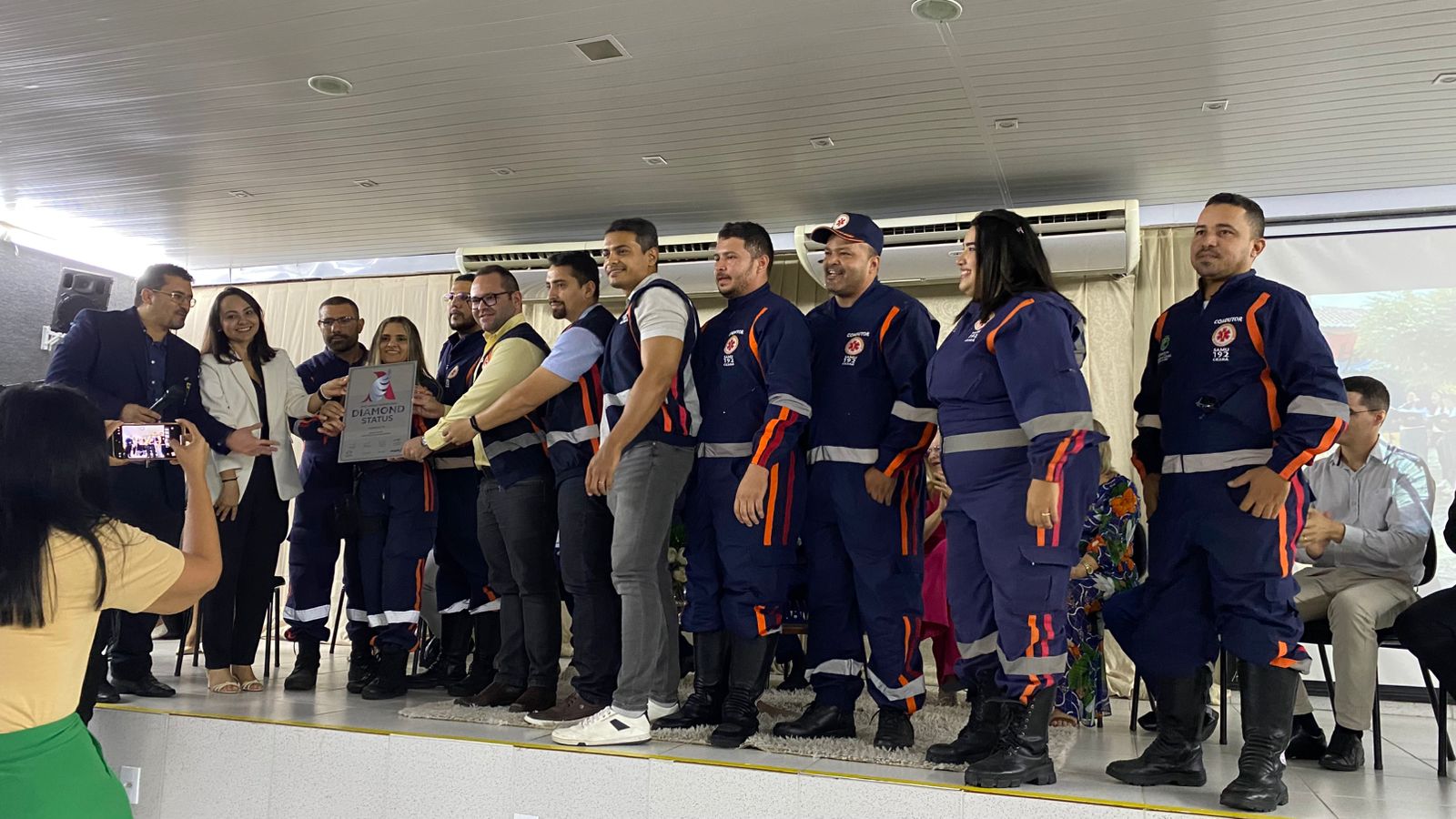
Partnerství podporují výkonnost
Klíčem k rychlému příjezdu pacientů do nemocnice je strategické partnerství s mobilní záchrannou službou (SAMU) a zařízeními primární péče, říká Dr. Rabelo.
„SaMU je nezbytným partnerem v léčbě cévní mozkové příhody, protože čas příchodu pacienta do nemocnice je jedním z nejdůležitějších faktorů pro zajištění účinné léčby. Partnerství mezi HRSC a SAMU je příkladem toho, jak může síť veřejného zdraví efektivně fungovat, když existuje organizace a závazek vůči pacientovi.“
Je to také příklad toho, jak partnerství podporují výkonnost.
Spuštění cen EMS Angels Awards v Brazílii v roce 2023 poskytlo důležitý stavební kámen pro průkopnickou koncepci města Angels Cities, protože zlatý status v soutěži EMS Awards se stal kritériem pro status Angels City. Po rozšíření konceptu na globální strategii 100 andělských regionů došlo k nárůstu počtu organizací EMS po celém světě, které jsou uznávány za péči o cévní mozkové příhody.
Polo Quixeramobim ze SAMU Ceará Base se k těmto žebříčkům přidal v roce 2024 dvěma po sobě jdoucími diamantovými oceněními, což zvyšuje možnost, že se město Quixeramobim může stát regionem andělů před kandidáty v prosperujících částech země.
Je třeba zaškrtnout ještě jedno políčko.
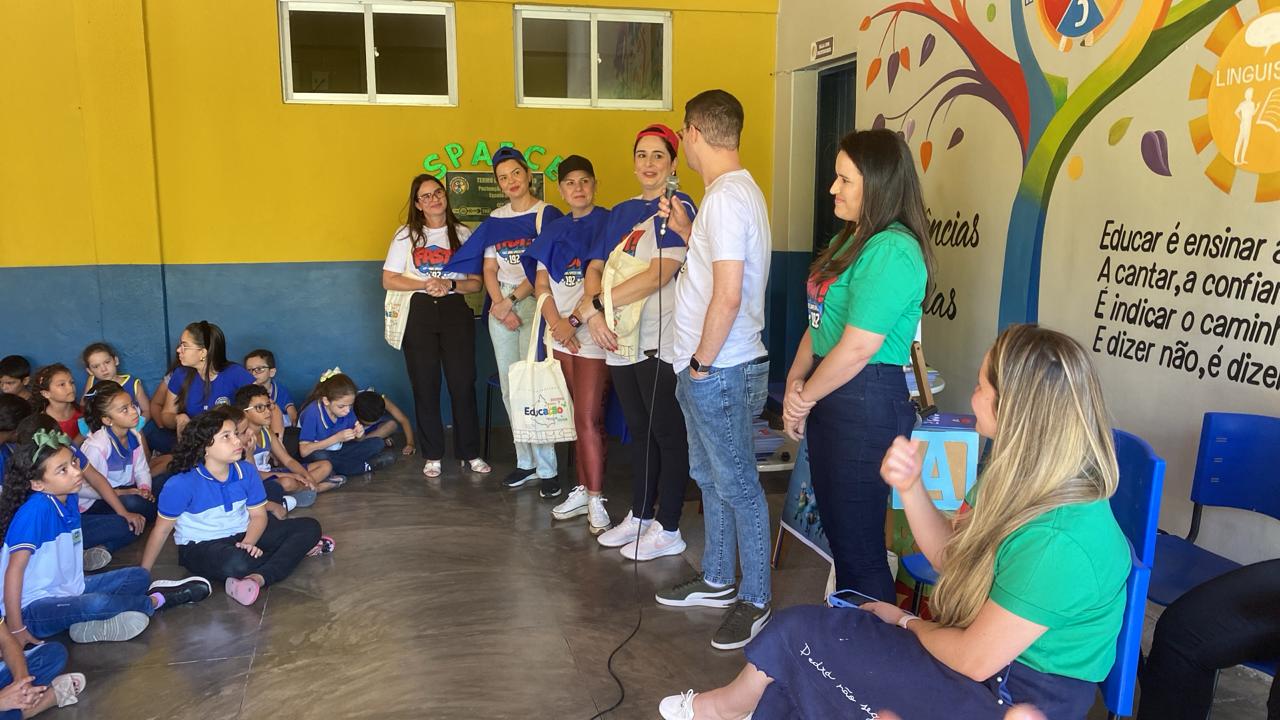
Něco speciálního
Aby region získal status Angelsova regionu, musí být splněny cíle založené na populaci pro implementaci FAST Heroes, školní kampaně, která využívá vztah mezi dětmi a jejich prarodiči k šíření život zachraňujících znalostí o cévní mozkové příhodě zranitelným populacím.
Dr. Victor Abreu, neurolog a vedoucí mrtvice HSRC, je šampionem kampaně. Říká, že je to zapojení dětí do učení, zejména díky hravému a fantastickému světu superhrdinů versus padouchů, který je zodpovědný za svůj úspěch v regionu Sertão Central i mimo něj.
„Rodinný vztah je velmi důležitý pro růst a utváření důstojných občanů, kteří jsou ochotni dělat dobro,“ říká Dr. Abreu. „Mezi prarodiči a vnoučaty je to však něco speciálního, co zahrnuje péči, horlivost a pozornost – a to jistě usnadňuje učení.“
HSRC si uvědomuje, že vzdělávání a zdraví musí spolupracovat, a proto přistoupila k představení konceptu Angels Regions radnici Quixeramobim a vysvětlila, jaký přínos by měl pro celou populaci.
Dr. Rabelo říká: „Dětský starosta tuto iniciativu okamžitě podpořil a mobilizoval svůj zdravotní a vzdělávací personál, aby byl projekt proveditelný.“
V důsledku toho Quixeramobim nesplnil své cíle FAST Heroes – zastřelil je téměř o 300 procent.
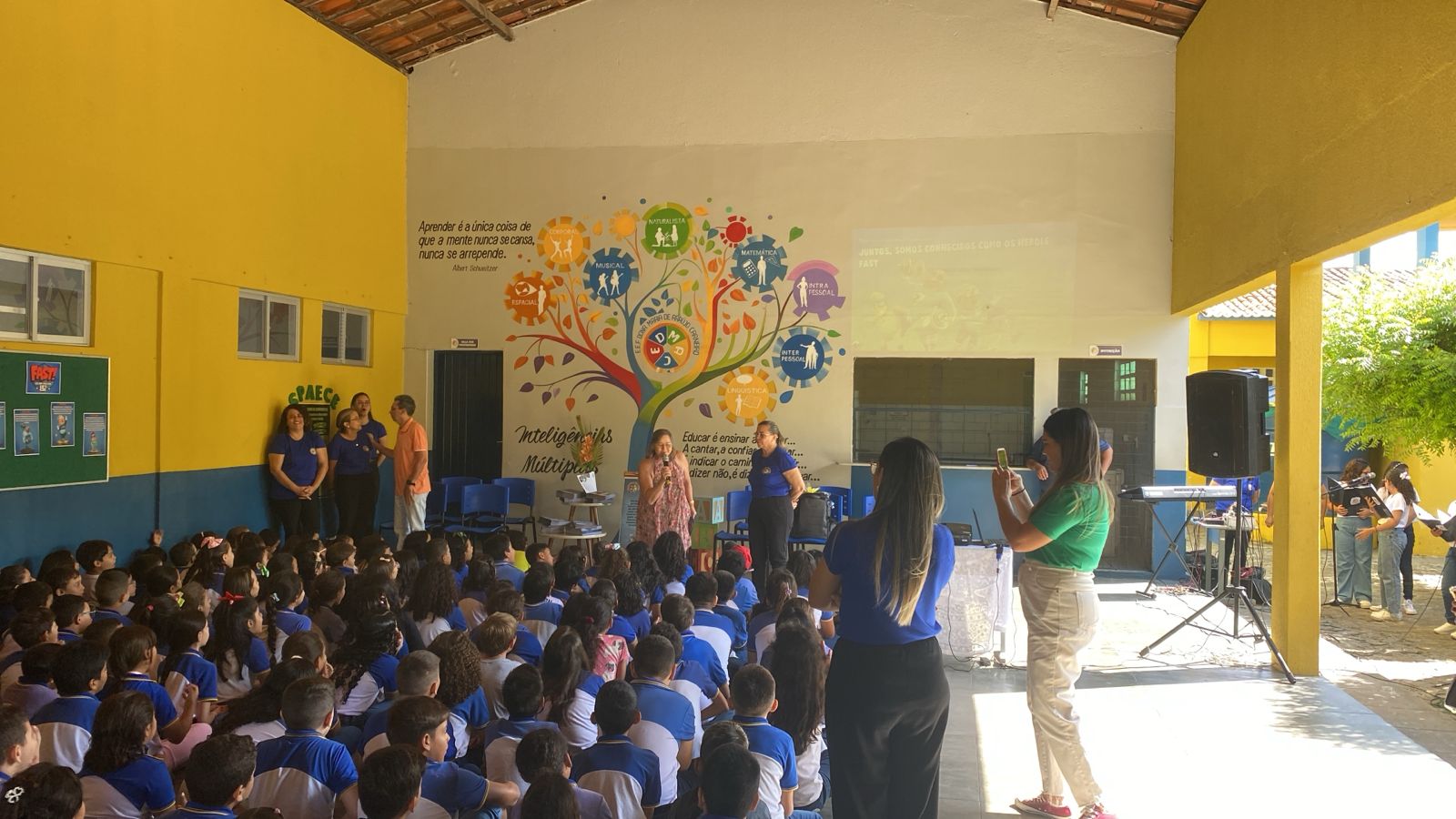
Nejde jen o cíle
Alessandro Rômulo je konzultantem Angels již šest let a v tomto regionu pracuje již poslední rok. Chlidren hraje v tomto scénáři klíčovou roli, říká. Proto se při plánování aktivace FAST Heroes nezaměřují na dosažení konkrétního cíle. Místo toho je jejich cílem oslovit co nejvíce dětí, protože to má významný dopad na komunitu.
„Neřekli jsme, že potřebujeme tolik dětí,“ říká jeho kolegyně Andrea Giordano. „Věděli jsme, že čím více dětí bude trénovat, tím lépe, takže jsme neprovedli výpočet, a právě jsme plánovali dosáhnout maximálního počtu dětí a maximálního počtu škol.“
Současně se soustředí na veřejné školy, které na severní straně země navštěvuje více než 80 procent studentů. „Naší prioritou je veřejnost,“ říká Andrea. „Regiony převádíme pouze tehdy, pokud jsme na veřejných školách úspěšní.“
Není to však jediný způsob, jak Brazílie posunula cíle pro status regionu Angels, čímž násobila dopad programu.
Cíl veřejného osvětového vzdělávání je pro ně splněn pouze tehdy, když hrdinové FAST jsou oficiálně povinnými součástmi osnov pro studenty veřejných škol ve věku od 6 do 10 let. To vyžaduje úzkou spolupráci s městskými vzdělávacími odděleními, ale odměny jsou obrovské, vysvětluje Andrea.
„To zajišťuje, že projekt zůstane aktivní ve školách rok za rokem a bude nadále prospěšný rodinám v regionu. Pro nás jako týmové anděly, pokud město tímto způsobem přijme RYCHLÉ hrdiny, můžeme mít ještě větší a trvalý dopad na znalosti populace o mrtvici a pomoci ještě více lidem předcházet onemocnění.“
Mohou také zvýšit pravděpodobnost, že tito pacienti dostanou rychlou diagnózu a léčbu, což vede k lepším výsledkům – a to je to, co znamená, aby byl svět bezpečný pro cévní mozkovou příhodu.

